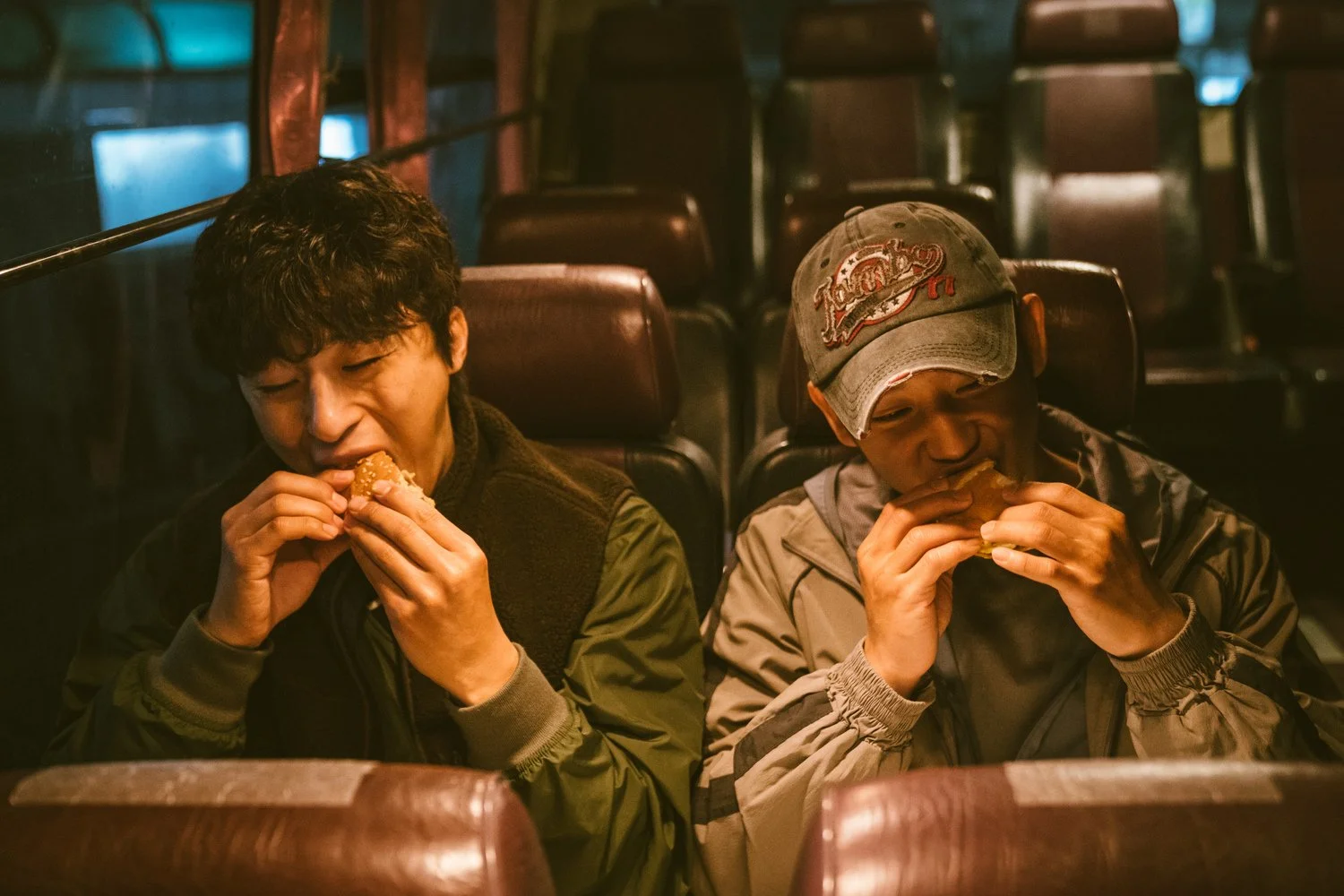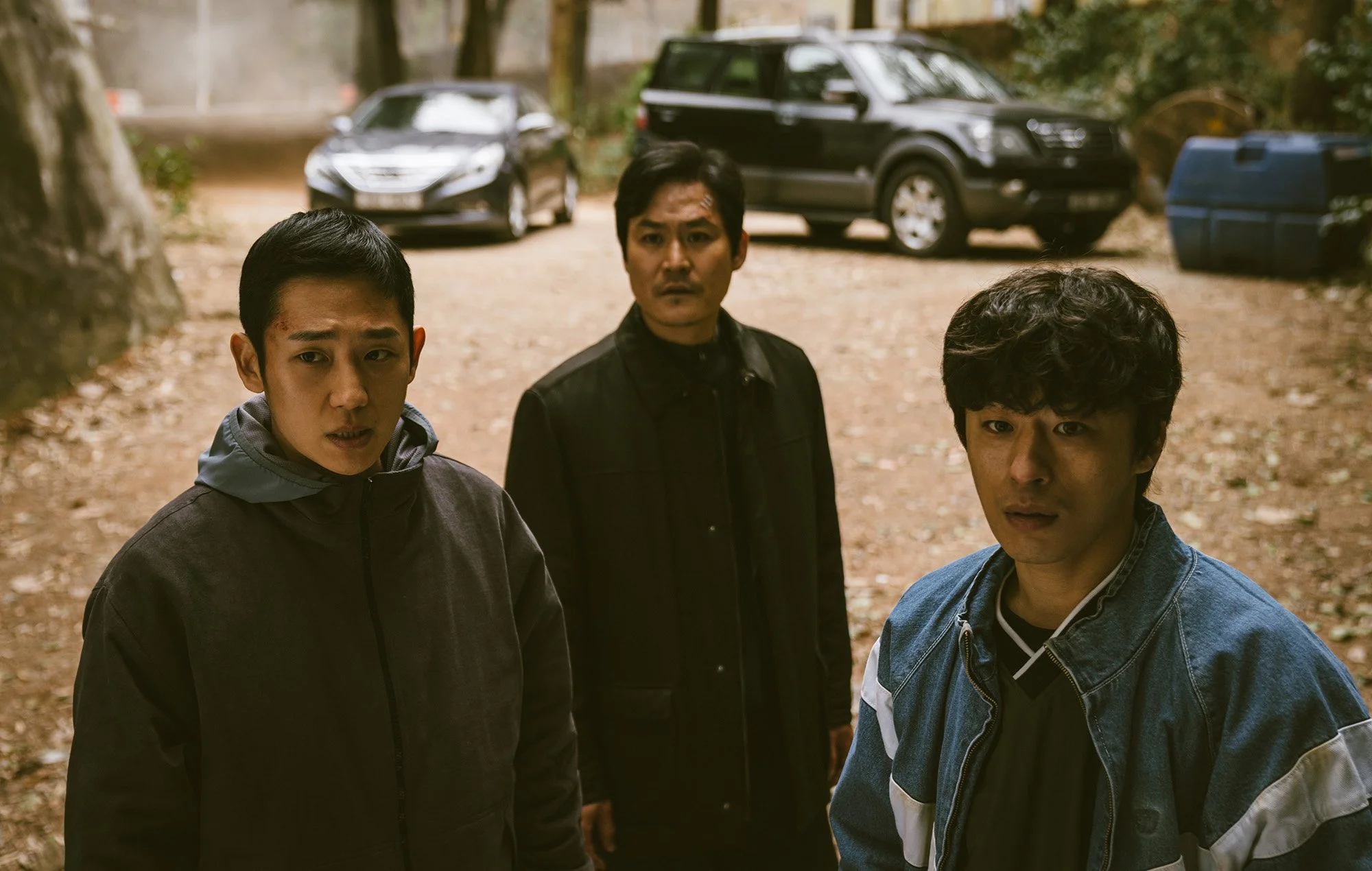dp (netflix show season 1) review | violence is an infectious disease
my review of DP — which I binged in a weekend — about a deserter pursuit unit in korean military service, and the system’s abuses of power.
watched: July 2023, Netflix (season 1)
rating: 8.5/10
mood: medium degree of heavy, gritty, and violent. optimistic in the face of a broken system, full of injustice, but not unempowering and without hope. tragedy-drama balanced by comedy/lightness.
-
DP (which stands for “Deserter Pursuit”) — centers around a protagonist, An Jun-Ho — seemingly a quiet, “nobody” kind of guy, doing his two-year South Korean military service. alongside a quirky partner, Han Ho-Yul, he’s sent on missions to track down deserters from the army and bring them back.
though season 1 — you see the rigid hierarchical structure, the incessant abuse of power, the mixed motivations of power and politics by higher-ups, the slow, psychological breakdowns of its characters — culminating in an explosive (but not shocking) ending.
toxic masculinity: infectious abuse of power
the entire show, you could say, is about toxic masculinity at its very worst — cycles of abuse of power, and an infectious toxicity, self-perpetuated by the hierarchical system. women don’t really make much of an appearance here (except as ultimate recipients of abuse, in civilian life).
the thing is, the premise of entire season 1 felt, purposefully, like a paradoxical, futile exercise — sisyphus pushing a rock up a hill — as each episode (more often than not) created empathy with the deserter, highlighting the injustices and ridiculous, sadistic abuses. halfway into the show, you’re thinking: so our protagonist is doing the work of taking people back to government-sanctioned, abusive torture camps?
at what point is he going to rebel? what can he do — in the face of this system? what needs to happen in order for anything to change?
how violence escalates violence
the show answers these questions — more accurately, opens them up — in the last episode and after-credits. the response to violence is more violence.
but is it a way into a solution? what degree of violence is shocking enough — to rattle a system? when can violence ever be an eye-opener, a solution, an answer? violence is ignored, suppressed, dismissed — until it builds up in a explosive escalation.
we see the protagonist, An Jun-Ho, changed by the season’s events; in active reckoning with the system he’s trapped in. season one ends with this big question of: will this violence be enough to change things?
end notes
this is not a show that I missed after it ended, but one that I’ll eagerly anticipate the next season of (releasing July 28) — in seeing the characters change (in what feels like) an unchanging system.




